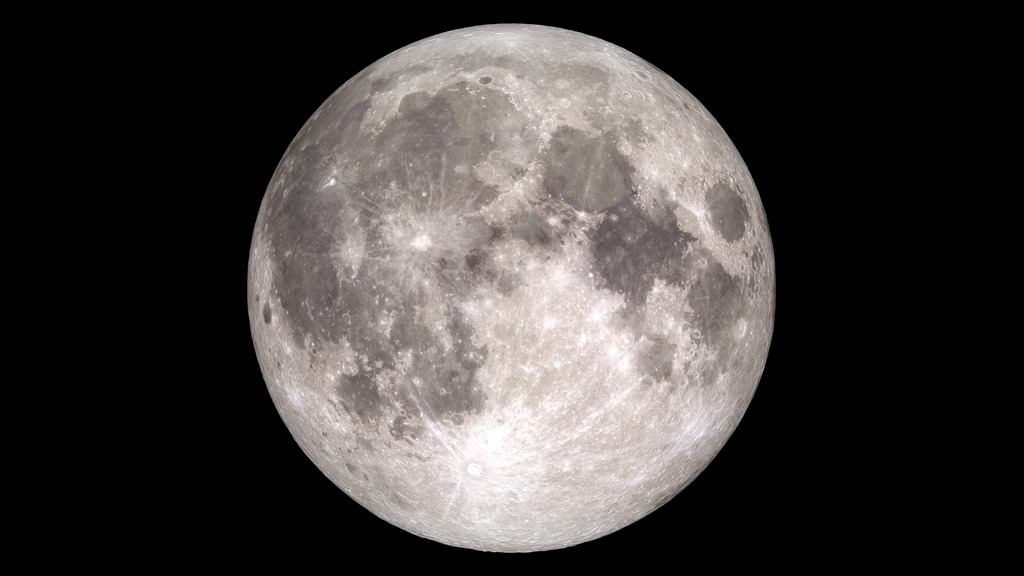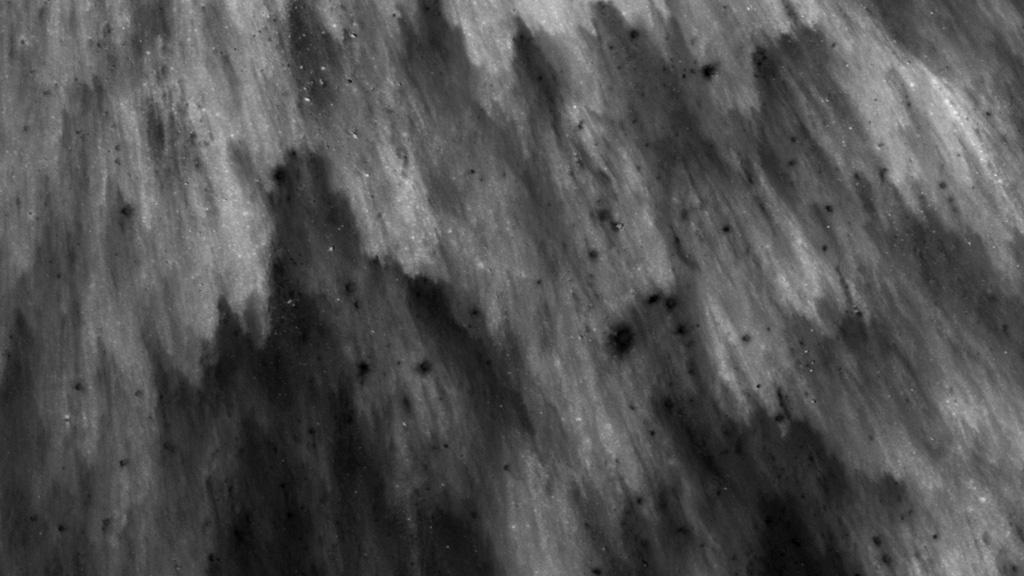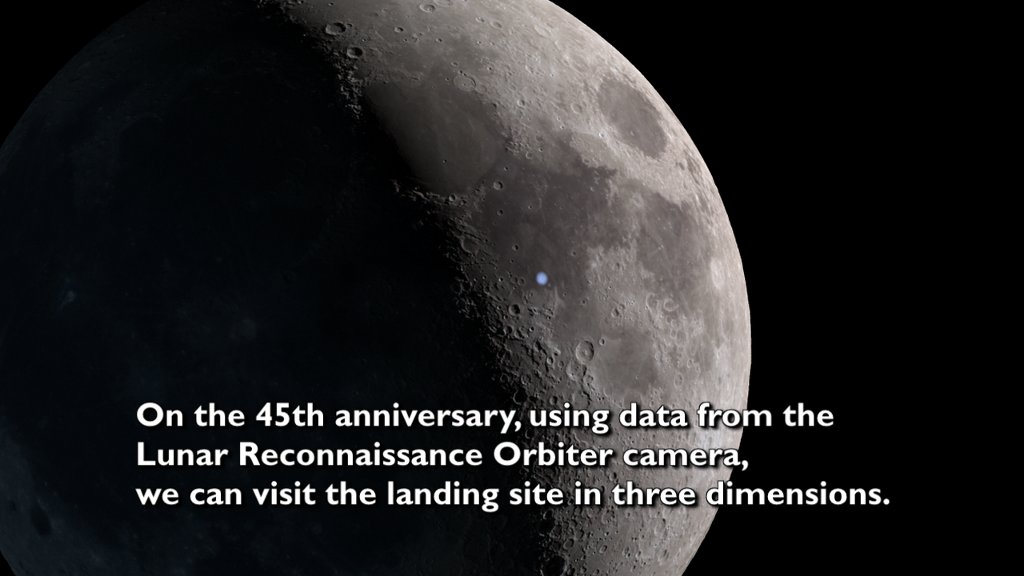NASA’s 50th Anniversary Of The Apollo 11 Moon Landing Live Shots

B-roll and canned interviews to be added by July 16 at 5:00 a.m. EST
How The Apollo Missions Changed The World Forever.
On July 16th, NASA invites you to go outside and look up at the full moon, remembering that nearly 50 years ago, humans landed on the lunar surface for the first time.
With just days until the 50th anniversary of the Apollo 11 Moon landing, we look back at how Apollo altered the course of space exploration while looking ahead toward NASA’s upcoming plans to go back to the Moon with the Artemis program, then Mars.
Chat with NASA scientists on Tuesday July 16 from 6:00 a.m. to 1:00 p.m. EST about the past, present and future of lunar and solar system exploration.
“Starting with Apollo 11 and continuing to today’s Lunar Reconnaissance Orbiter (LRO), the Moon has always beckoned as a destination and ‘learning spot’,” says NASA Goddard Chief Scientist, Jim Garvin.
Since the Apollo missions, LRO has provided new detailed data of the Moon’s landscape for future robotic and human exploration. Recently celebrating 10 years in space, LRO is helping to lay the foundation for our next generation of lunar explorers with NASA’s Artemis program, which will launch the first woman and the next man where no human has gone before: the Moon’s South Pole.
To schedule an interview, fill out this form:
https://forms.gle/KjBxBE7Cy7kYqB7o6
suggested questions
1. Today is the 50th anniversary of the launch of Apollo 11. With the Moon landing anniversary just a couple days away, how is NASA looking back on this momenuntal moment?
2. In the next couple of months, NASA will be opening Moon rock samples sealed since the Apollo missions. What do we want to learn from these samples?
3. NASA currently has a mission orbiting the Moon, the Lunar Reconnaissance Orbiter, which just celebrated its 10th anniversary. What are some of the surprising things we’re learning about the Moon from this mission?
4. Tell us about NASA’s next mission to the Moon, Artemis, and why we’re choosing to bring the first woman and the next man to the Moon’s South Pole.
5. Where can people share their stories about Apollo and learn more?
satellite coordinates
HD Satellite Coordinates for G17-K18/Lower:
Galaxy 17 Ku-band Xp 18 Slot Lower| 91.0 ° W Longitude | DL 12051.0 MHz | Vertical Polarity | QPSK/DVB-S | FEC 3/4 | SR 13.235 Mbps | DR 18.2954 MHz | HD 720p | Format MPEG2 | Chroma Level 4:2:0 | Audio Embedded
Contact courtney.a.lee@nasa.gov or 301-286-2740 if you have any questions.
B-roll for the live shots

OUT NOW! NASA Explorers: Apollo is an audio series that tells stories of the Moon and the people who explore it. Listen on Apple Podcast, SoundCloud and YouTube.
As a celebration of this anniversary, NASA invites YOUR VIEWERS your viewers to submit their memories of the Apollo 11 Moon landing and reflections on future space exploration to an oral history project. We invite your audience to go to nasa.gov/apollostories for the chance to be a part of NASA’s interactive world map of audio stories.
For More Information
See the following sources:
- https://www.nasa.gov/press-release/nasa-celebrates-50th-anniversary-of-historic-moon-landing-with-live-tv-broadcast
- https://www.nasa.gov/feature/50-years-ago-the-journey-to-the-moon-begins
- https://www.nasa.gov/feature/goddard/2019/a-few-things-artemis-will-teach-us-about-living-and-working-on-the-moon
Credits
Please give credit for this item to:
NASA's Goddard Space Flight Center
-
Producers
- Courtney A. Lee (ADNET Systems, Inc.)
- Michelle Handleman (USRA)
- Isabelle Yan (NASA/GSFC)
-
Editor
- Michael Randazzo (Advocates in Manpower Management, Inc.)
Release date
This page was originally published on Tuesday, July 9, 2019.
This page was last updated on Wednesday, May 3, 2023 at 1:45 PM EDT.




